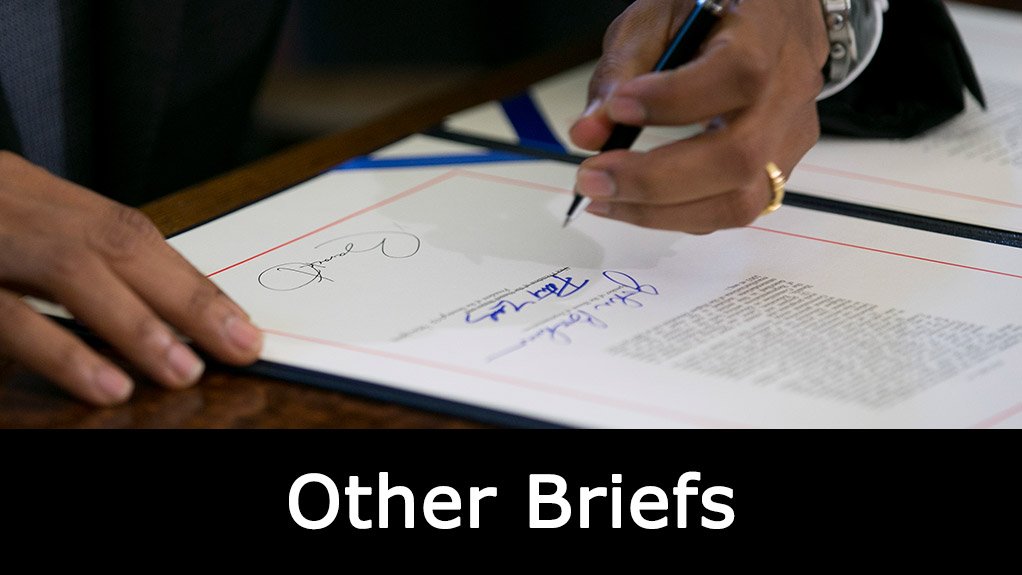The applicants worked at a clothing store and were dismissed by the respondent employer after a stock loss took place. The respondent relied on the principle of derivative and collective misconduct to dismiss the applicants for the loss of stock. The commissioner at the CCMA found that although the applicants were responsible for the stock, they were not responsible for the stock loss as the principle of derivative and collective misconduct could not be applied to them.
Kiti and another v Blue Falcon 188 (Pty) Ltd t/a Studio 88 (2023) 32 CCMA 8.37.25
Case summary
The applicants, Mr Kiti and Ms Makoae, were both shop assistants employed by the respondent, who is in retail and sells clothing at a store in Bloemfontein.
After a stock count took place, a stock loss in the amount of R46 875,39 at cost and R93 750,78 at retail was discovered. The applicants were charged for work output in that they were held directly responsible for the substantial stock loss. The second charge was for gross negligence in that they failed to look after the stock in the shop where they were stationed.
All employees were dismissed on the basis of derivative and collective misconduct in that they were all deemed responsible for the stock loss. Mr Kiti argued that he had only been working at the respondent’s clothing store for one month when the said stock loss occurred and he was, therefore, not responsible for the stock loss. Ms Makoae argued that she was constantly doing spot checks and, so, she was not responsible for the stock loss. She had also reported to management that another employee was unlawfully taking stock. Both applicants denied that they were in any way responsible for the loss and sought reinstatement.
The respondent submitted that the matter entailed team misconduct, and that four employees were charged and dismissed. The respondent could not point out a specific employee and neither could the employees point out who was responsible. The respondent argued that collectively they did not look after the stock, and they did not follow policies and procedures. Moreover, they also did not act in the best interest of the company, the loss was in excess of 9%, and they were all on a final written warning and ultimatum. The respondent relied on the principle of derivative and collective misconduct as cited in the case of Chauke and others v Lee Service Centre CC t/a Leeson Motors (1998) 19 ILJ 1441 (LAC).
The commissioner found that the applicant had informed the respondent “that when he arrived there was already stock loss, he was told that he need not worry and that he was not involved in the missing stock”, as it is required and confirmed by the Chauke case. An employee has a duty to assist the employer in bringing a perpetrator to book if that employee has information concerning those involved in misconduct. The matter of Chauke was not meant to “paint everyone with the same brush” without an investigation being conducted, particularly where a number of employees are implicated, but it is the responsibility of the respondent to investigate and find the perpetrator.
The commissioner further held that the applicants were responsible for the stock, but they were not responsible for the loss of stock. There was stock loss and the respondent had information to verify and therefore the matter of Chauke and others v Lee Services Centre CC t/a Leeson Motors (supra) is not applicable in this case.
In light of the above, there were insufficient grounds for holding that every member of staff was responsible for misconduct. Each employee might have been responsible for checking on stock, but they were not necessarily responsible for the loss. The dismissals of the applicants were found to be procedurally fair, but substantively unfair. The CCMA ordered that the applicants be reinstated with full retrospective effect.
Issued by Labour Guide
EMAIL THIS ARTICLE SAVE THIS ARTICLE ARTICLE ENQUIRY FEEDBACK
To subscribe email subscriptions@creamermedia.co.za or click here
To advertise email advertising@creamermedia.co.za or click here











